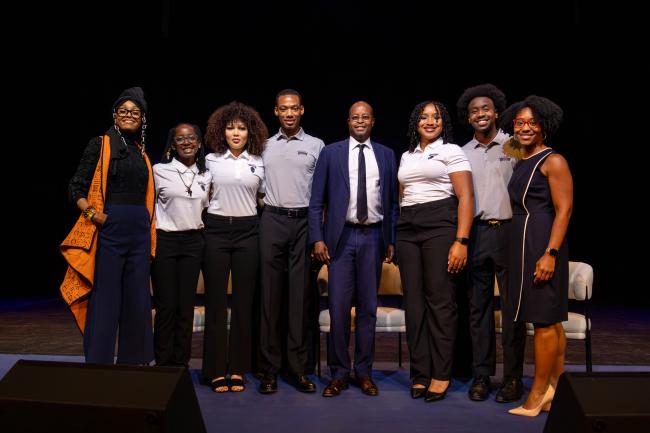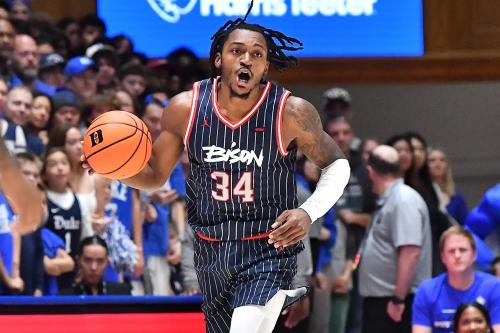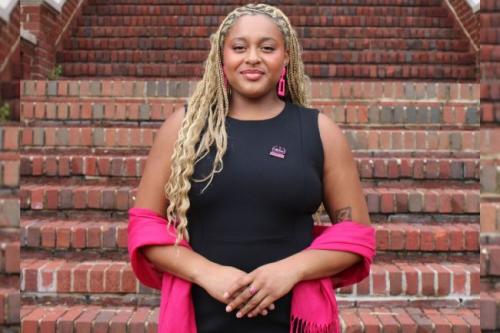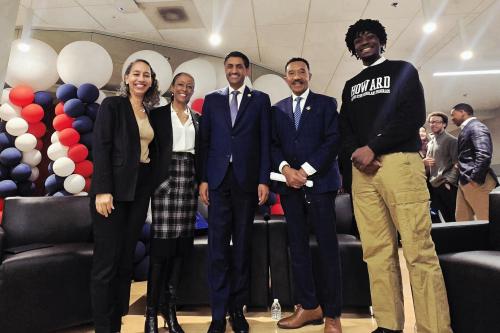Howard University President Emeritus and Interim President Wayne A. I. Frederick, M.D., MBA, (B.S. ’92, M.D. ’94, MBA ’11) spent Monday afternoon (Sept. 22) in a 40-minute fireside chat with first-year students as part of the freshman-wide course “Freshman Experience 2.0,” reflecting on his Howard journey, leadership, and lessons he hopes will guide the Class of 2029. The conversation, moderated by students Antoine Smith and Tessa Farria, flowed into an open Q&A, where students pressed Frederick on everything from imposter syndrome and perseverance to campus culture, protest, and his priorities as interim president.
Early in the dialogue, Frederick revisited the origin of his Howard story. Born with sickle cell anemia in Trinidad and Tobago, he said his path to medicine and Howard was forged by purpose and possibility.
“Howard University has a pretty big reputation in Trinidad and Tobago,” he noted, citing national figures and physicians who inspired him as a teenager.
At 16, he applied only to Howard, entered the B.S.-M.D. pipeline, and later returned for his MBA while serving on the faculty. The trajectory, he emphasized, was less about titles than preparation.
“My advice is that you obsess about the journey,” he said. “You want to prepare yourself by not just being educated but also exposing yourself to different types of experiences.”
Asked how that journey formed his love for the university, Frederick was candid and personal. Confronting mortality young, he said, sharpened his gratitude for Howard’s possibilities.
“This institution just opened up the possibilities for me,” he said. “Everything else I do at Howard is more [about] paying back a debt of gratitude.”
On leadership, Frederick admitted he was not the archetypal student leader, but he offered a three-part blueprint the Class of 2029 can start practicing now.
First, “be a good listener,” including to students who attend every meeting but rarely speak. Second, “lead by example,” anchoring decisions in clear values. And third, practice servant leadership.
“You aren’t always going to get it right for every single person, but you do want to do the thing that’s probably going to get it right for most,” he said.
My advice is that you obsess about the journey. You want to prepare yourself by not just being educated but also exposing yourself to different types of experiences.”






